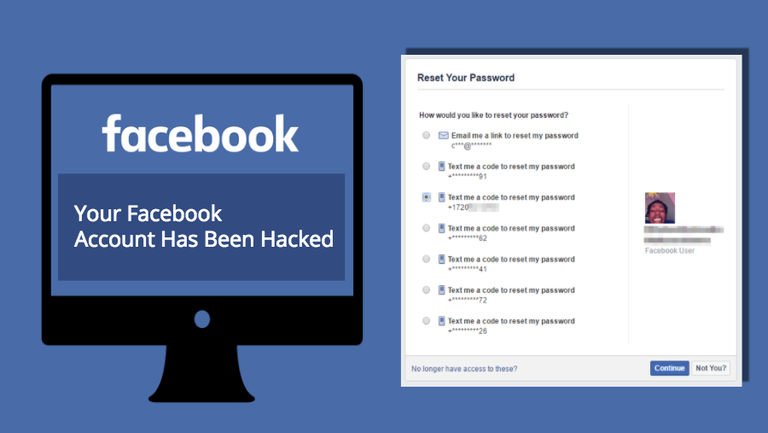
it's been an unpleasant year for Facebook.
The company reported Friday that hackers had gained access to 29 million personal accounts a monstrous data breach two weeks back. In about portion of the cases, hackers could see points of interest like their users' relationship status, the zone they live in and part of their inquiry history.
This information was revealed after the company initially advised users that 50 to 90 million accounts may have been endangered, urging everybody who was compelled to log out of the platform on Friday, September 28, to change their passwords. In a blog present Facebook distributed earlier on the breach declaration, the company expressed that it had distinguished a formerly unnoticed vulnerability in its code, giving hackers the capacity to take users' entrance tokens, which enable you to remain signed onto the platform for a considerable length of time at once.
CNN reports that the FBI is “actively investigating” the breach, according to Guy Rosen, a company vice president. Rosen said the FBI has asked Facebook employees “not to discuss who may be behind this attack” or to share other details that may compromise the cyberattack investigation.
According to the latest points of interest, hackers could see the telephone numbers and email locations of 29 million users, and extra true to life information — including self-announced ebb and flow city, training, work, individuals they pursue, the last 10 places they were labeled in and the last 15 looks — of 14 million of those.
It's simply the most recent model to commute home that private information shared online probably won't remain private. What's more, the hack brings up further issues about how well Facebook can ensure users' data.
Recently, Facebook was at the focal point of debate over its security frameworks again because of the Cambridge Analytica data breach, which influenced 87 million accounts. In those days, Back then, Facebook CEO Mark Zuckerberg had said, “We have a responsibility to protect your data, and if we can’t then we don’t deserve to serve you.”
This time around, Rosen took a step back and wrote in the blog post that “People’s privacy and security is incredibly important, and we’re sorry this happened.”
The most recent data breach occurred the same number of are questioning the job and influence of Silicon Valley in cutting edge legislative issues, wondering whether Facebook can dependably practice the power it holds over individuals' regular day to day existences. From fake news, to targeted promotions to now-typical data breaches, any adjustment in Facebook's practices, intended or not, can effectsly affect the world.